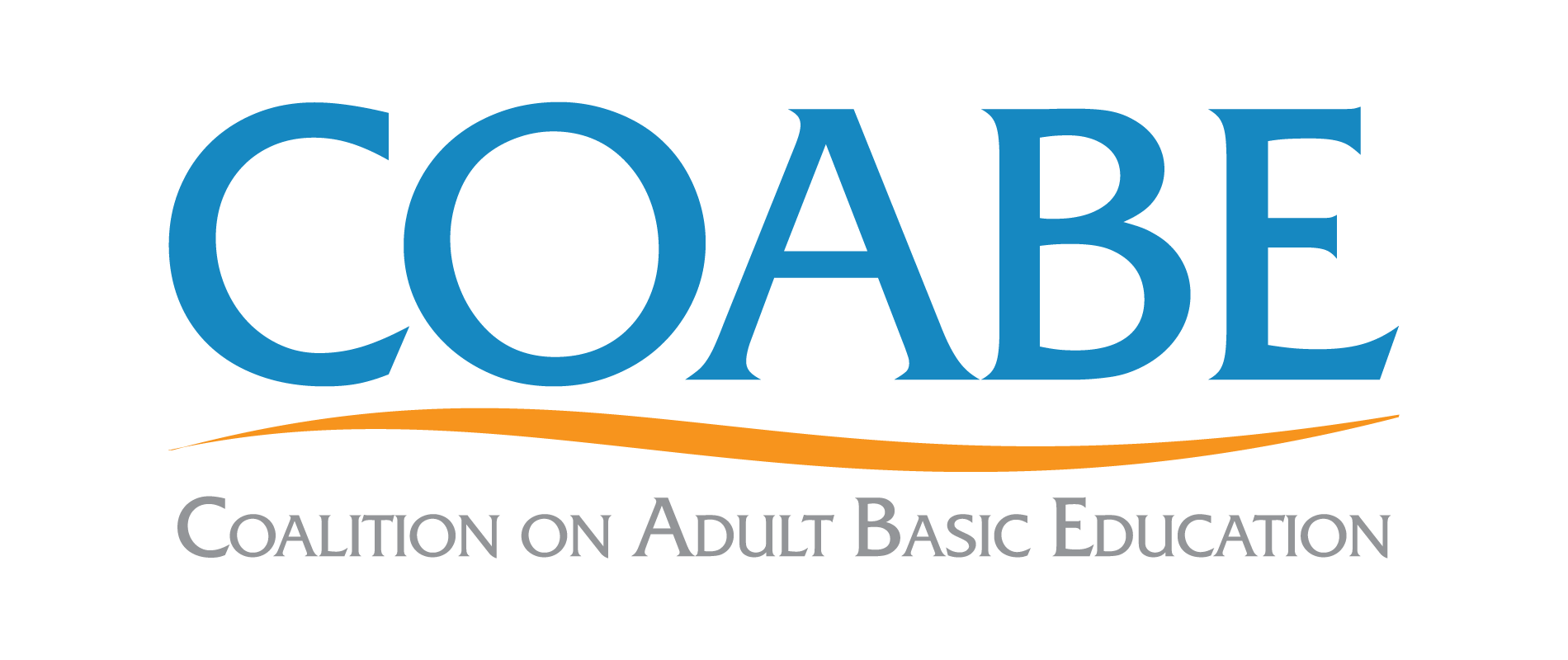RISE Webinar: Exploring the Experiences and Skills of Young Adults in the United States
/On February 6th, 2019, the American Institutes for Research (AIR) hosted two presentations on the experiences and skills of young adults in the United States:
The first presentation focused on the Education Longitudinal Study of 2002 (ELS:2002), which is the fourth in a series of secondary longitudinal studies conducted by NCES since the 1970s to study young adult progression through high school and into young adulthood, with data on outcomes such as postsecondary education and early careers.
The second presentation used data from the OECD’s Program for the International Assessment of Adult Competencies (PIAAC) to discuss skills of U.S. young adults (those 16-34 at the time of the data collection) and draws on two reports written for the ETS Center for Research on Human Capital and Education. A brief introduction to the PIAAC database and NCES data products is followed by a discussion of the performance of U.S. millennials compared to that of their international peers. In addition, the presentation looked at the size and characteristics of low-skilled U.S. millennials and the implications of this for society more broadly.










